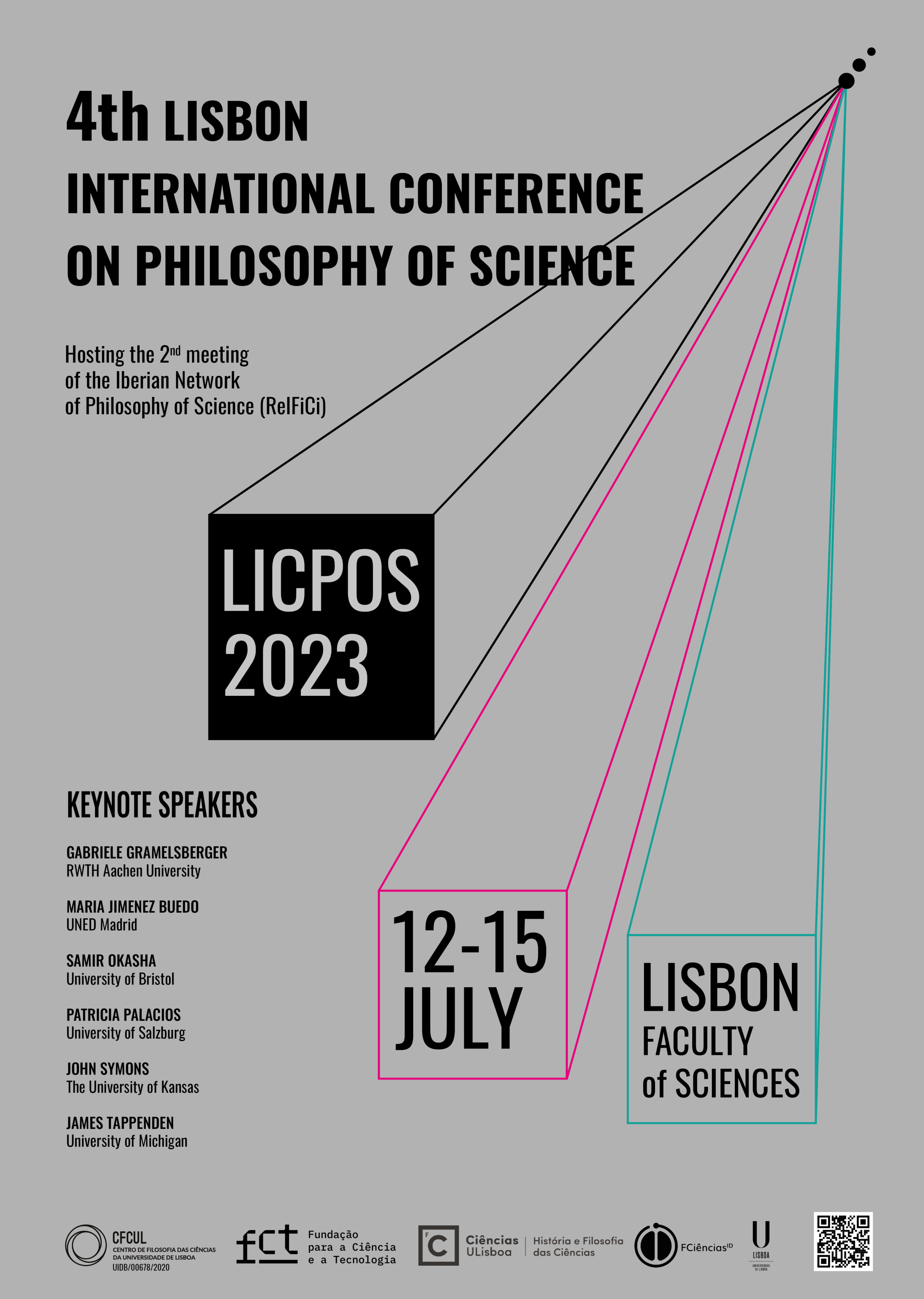
Evolutionary biology is a major focus of attention for philosophers, since it concerns the history of all living organisms, including ourselves. Many philosophical discussions revolve around the potential extension of the classical evolutionary synthesis with the tools of other biological domains (Pigliucci and Müller 2010). One classical concern that has received renovated attention is the nature of biological traits. From a traditional perspective, organisms can be decomposed into traits almost in an arbitrary fashion, typically abstracting away from their biological basis. However, contemporary work points at the need for biological criteria for determining what is a trait, insofar as phenotypes evolve in a modular way and there are biases in the dimensions that can vary in a particular trait. Recent philosophical work on the nature of homology is representative of this evolutionary problem (e.g., DiFrisco et al. 2020). On the other hand, the conventional populational approach to evolution coexists with typological ideas coming from branches such as evolutionary developmental biology (Brigandt 2007, Love 2009), and with the centrality of lineages as the study subject of systematic biology (Reydon 2005) and as bearers of variational potential (Calcott 2009, Nuño de la Rosa and Villegas 2022).
In this symposium, we intend to bridge the methodological issues that derive from the former philosophical concern to the metaphysical ones that relate to the latter. In particular, the contributions range from epistemological problems in the individuation of highly complex traits (exemplified in the cases of eutherian pregnancy and human musicality) to the problem of understanding species as individuals and as bearers of variational tendencies. Our aim is to point at a common theme in apparently dispare evolutionary concerns: that the way we understand potential evolutionary variation makes an important difference in what we take to be the relevant units and levels of evolution.
Brigandt, I. (2007). Typology now: homology and developmental constraints explain evolvability. Biology & Philosophy, 22(5), 709-725.
Calcott, B. (2009). Lineage explanations: explaining how biological mechanisms change. The British Journal for the Philosophy of Science.
DiFrisco, J., Love, A. C., & Wagner, G. P. (2020). Character identity mechanisms: a conceptual model for comparative-mechanistic biology. Biology & Philosophy, 35(4), 44.
Love, A. C. (2009). Typology reconfigured: from the metaphysics of essentialism to the epistemology of representation. Acta biotheoretica, 57, 51-75.
Nuño de la Rosa, L., & Villegas, C. (2022). Chances and propensities in evo-devo. The British Journal for the Philosophy of Science.
Reydon, T. 2005. “On the Nature of the Species Problem and the Four Meanings of ‘Species’, Studies in History and Philosophy of Biological and Biomedical Sciences, 36, pp.135-158.
Comunicações:
David Cortés-García – Inter-organismic traits as units of evolution
Luis Alejandro Villanueva – Music as a relative stabilization of cognitive traits for social interaction
Cristina Villegas – Typology and organismal dispositions in evo-devo: a metaphysical approach
Vanessa Triviño – Metaphysical implications of synchronic and diachronic species